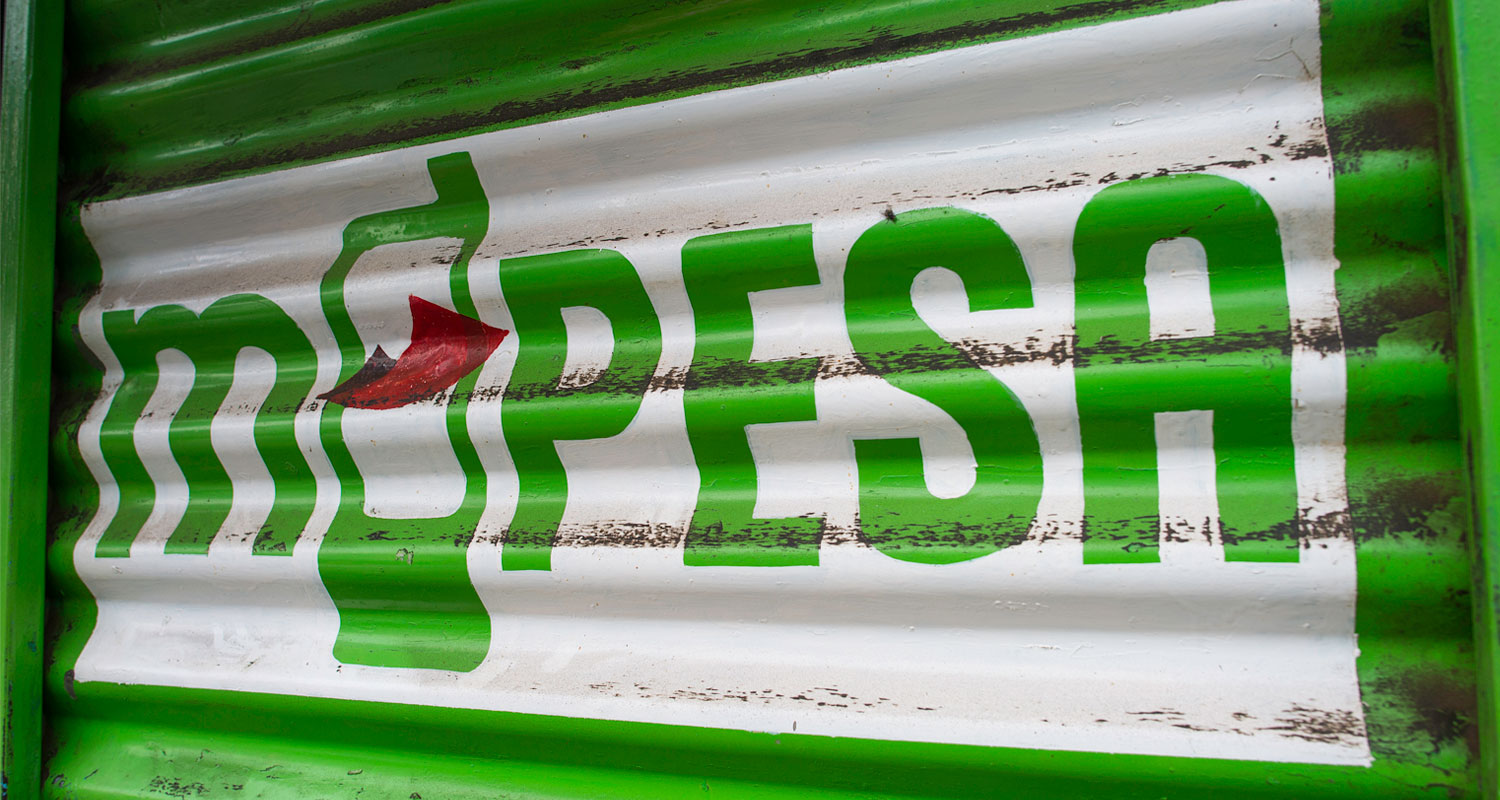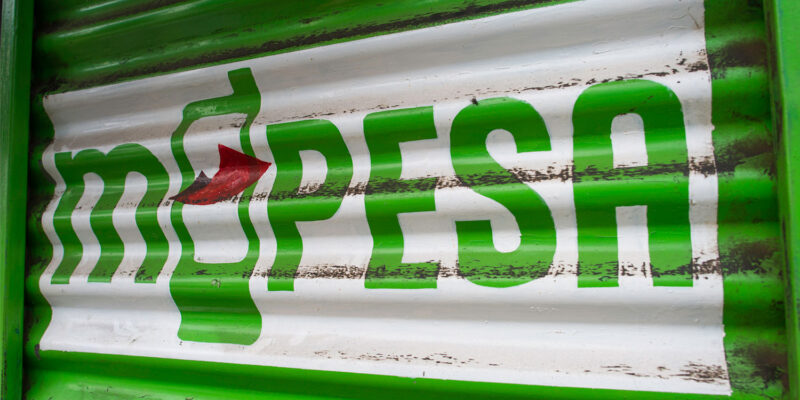
 East Africa’s biggest company, Safaricom, sees no compelling case for splitting its mobile money service M-Pesa into a separate unit under a new group holding structure planned for 2025.
East Africa’s biggest company, Safaricom, sees no compelling case for splitting its mobile money service M-Pesa into a separate unit under a new group holding structure planned for 2025.
The service that accounts for nearly half of company revenue will remain in the same business as data, voice and messaging, according to CEO Peter Ndegwa. Kenya’s government, which holds slightly more than a third of Safaricom’s shareholding, is not pushing for a separation, he said in an interview in the capital, Nairobi.
“You’ve seen what Airtel and MTN have done — have they gotten better valuations? Probably not. Have they raised more money — yes, probably. Do we need more money? No, we don’t,” Ndegwa said.
You’ve seen what Airtel and MTN have done — have they gotten better valuations? Probably not
Airtel Africa separated its mobile money service into a unit that’s the firm’s fastest-growing division. South Africa’s MTN Group also cleaved off mobile money and closed a deal with Mastercard that valued the business at US$5.2-billion.
Safaricom, which is majority owned by South Africa’s Vodacom Group, will set up a holding entity next year to increase visibility for its divisions as it morphs into an African technology company, Ndegwa said.
The wireless carrier introduced M-Pesa in Ethiopia in August and is already facilitating electricity bill payments. It’s targeting as many as four million users of the service this year, Ndegwa said.
“Now we need to go to fuel, we need to see us being allowed the same services that EthioTel is providing,” he said, referring to state-owned giant Ethiopian Telecommunications.
Capex
Safaricom will now slow down capital expenditure in Ethiopia after accelerated investment. Operating losses for the just-concluded financial year were probably the peak and breakeven in two years is within target, he said of the business launched in 2022. “From the time you are around 3 500 sites, that’s scale because it’s more than half of what Kenya has.”
A reduction on the mobile termination rate in Ethiopia will save Safaricom 35% in costs, he said. The operator had only 4.4 million customers by the end of its financial year, compared with about 75 million subscribers at EthioTel. Small carriers usually pay more to connect calls as their users are often phoning other networks rather than their own.
Safaricom shares closed 3.5% higher at KSh16.50 in Nairobi, the most in six weeks. — (c) 2024 Bloomberg LP
Read next: Safaricom misses profit forecast on Ethiopia costs











Comments